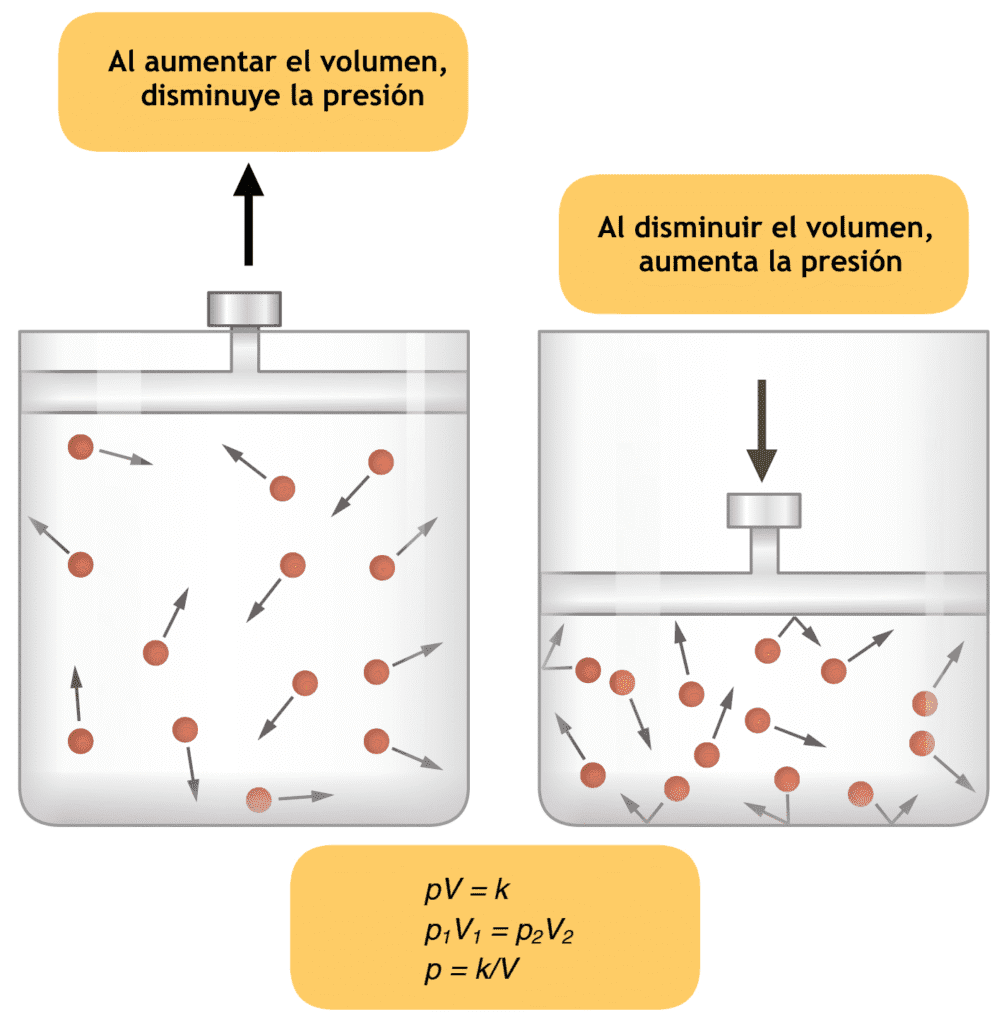When it comes to undergoing hip surgery, one of the critical decisions to make is the choice of anesthesia. Anesthesia plays a crucial role in ensuring a safe and comfortable surgical experience. Two common options for hip surgery are general anesthesia and regional anesthesia. In this article, we will explore the differences between these two types of anesthesia and help you understand which option may be best for your hip surgery.
General Anesthesia:
General anesthesia involves the administration of medication that induces a state of unconsciousness. It allows the patient to be completely unaware and unresponsive during the surgical procedure. General anesthesia is typically administered through intravenous medications and inhaled gases.
Advantages of General Anesthesia:
1. Complete unconsciousness: General anesthesia ensures that you are completely asleep and unaware during the surgery. This is particularly beneficial for patients who may experience anxiety or discomfort during the procedure.
2. Muscle relaxation: General anesthesia induces muscle relaxation, which can be advantageous for the surgical team, as it allows for better access to the surgical site.
3. Time efficiency: General anesthesia allows the surgical team to work without interruptions, as the patient remains still and unresponsive throughout the procedure.
Disadvantages of General Anesthesia:
1. Potential side effects: General anesthesia carries some risks, including nausea, vomiting, sore throat, and grogginess upon waking up.
2. Longer recovery time: Patients who undergo general anesthesia may experience a longer recovery time compared to those who receive regional anesthesia.
3. Increased risk for certain patients: Individuals with certain medical conditions, such as heart or lung problems, may have a higher risk associated with general anesthesia.
Regional Anesthesia:
Regional anesthesia involves numbing a specific region of the body, such as the hip, using local anesthetics. There are different types of regional anesthesia, including spinal anesthesia and epidural anesthesia.
Advantages of Regional Anesthesia:
1. Reduced risk: Regional anesthesia is generally considered safer than general anesthesia, as it avoids the potential risks associated with being completely unconscious.
2. Less postoperative pain: Regional anesthesia provides excellent pain relief during and after the surgery, reducing the need for strong pain medications.
3. Faster recovery: Patients who receive regional anesthesia often experience a faster recovery time and are able to resume their daily activities sooner.
Disadvantages of Regional Anesthesia:
1. Incomplete pain control: While regional anesthesia provides excellent pain relief during the surgery, it may not completely eliminate all discomfort. Additional pain management techniques may be required.
2. Limited mobility during surgery: Regional anesthesia may restrict movement in the lower body, which can be challenging for the surgical team in certain cases.
3. Potential complications: Although rare, regional anesthesia can have complications such as nerve damage, infection, or bleeding.
Choosing the Right Option for Hip Surgery:
The choice between general anesthesia and regional anesthesia for hip surgery depends on various factors, including the patient’s medical condition, preferences, and the surgeon’s recommendation. It is essential to have a thorough discussion with your surgeon and anesthesiologist to understand the risks and benefits associated with each option.
In some cases, a combination of general and regional anesthesia may be used, known as “balanced anesthesia.” This approach allows for the benefits of both types of anesthesia while minimizing their respective drawbacks.
In conclusion, the choice between general anesthesia and regional anesthesia for hip surgery depends on several factors. Both options have their advantages and disadvantages, and it is crucial to consult with your medical team to determine the most suitable anesthesia approach for your specific needs. Your safety, comfort, and successful surgical outcome should be the primary focus of this decision-making process.

